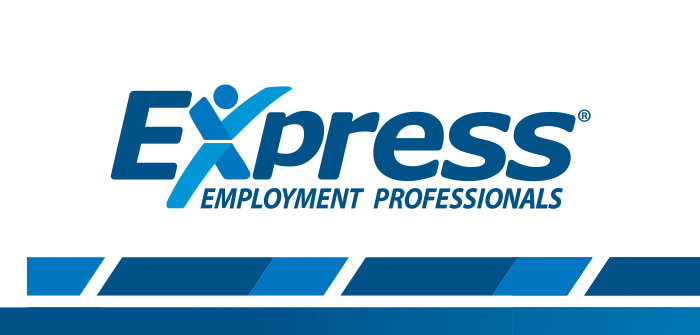By Caleb Yen, Express Employment Professionals’ “Job Journey”, May 2022
Sleeping on the job? Very bad. Getting good sleep FOR the job? Very good! Sleep is incredibly important to keep our minds agile and our work productive. But that doesn’t mean we all get enough sleep. The CDC recommends that adults get seven or more hours of sleep per night, but sometimes things come up. Maybe you’re stressed about the day and can’t seem to shut your eyes, or you binge watch your favorite show and suddenly realize it’s 1 a.m. If you’re having trouble catching some Zs, we have some tips for you.
Set a Sleep Schedule
If you really want to get seven-to-eight hours of sleep a night, your sleep schedule should be the same every day. That includes weekends! Instead of sleeping five hours a night during the week and catching up by sleeping in on the weekends, try to go to bed and get up at the same time regardless of whether you’re working the next day or not. That way your brain will know when it’s time to sleep.
Avoid Screens Before Bed
We all love catching up on shows or social media before bed, but all that blue light can keep you up. SCL Health notes that “the blue light emitted by your cell phone screen restrains the production of melatonin, the hormone that controls your sleep-wake cycle (aka circadian rhythm).” This makes it harder to sleep and wake up. So shut off your computer, cell phone, or tablet a few hours before bed. A book could be just as entertaining!
Ask Your Doctor
If you discover you can’t sleep no matter what you do, your doctor might be able to help. There are plenty of medical options to help you with your sleep, from a sleep study to over-the-counter medications to heavy duty prescription stuff. Your doctor can work with you to discover if there might be a medical reason behind your lack of sleep, or a medical way to help you get more sleep.
More sleep is better for both your mind and body! Hopefully now you can find a way to hit that pillow harder.

